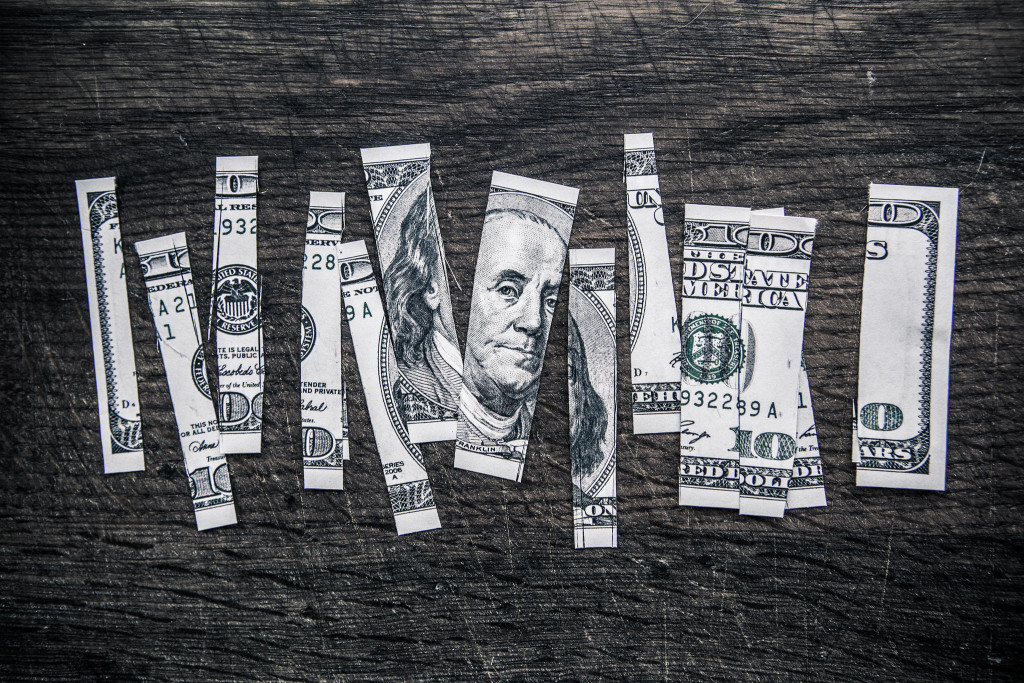Who is the Oracle of Omaha? Warren Buffet, of course. Without any doubt, the name of this investor can easily be included among world celebrities such as Lionel Messi or Arnold Schwarzenegger. The former has a nose for football, the latter for breath-taking action movies – and Buffet has a good nose for investing.
It is hard to invest. More precisely, it is hard to invest with profit. One who can invest well gets wealthy and sometimes even famous. Moreover, investing cannot be taught at school like welding or accounting. A successful investor combines education, experience, emotional self-control or the ability to take several unknown variables into account.
Nonetheless, even the best ones can make a great investment for 99 times in a row and then miss once terribly.
How well would an average politician, clerk or analyst at a ministry perform as an investor? Recently, we have had several opportunities to witness it ourselves. In some public projects, the low return on investment is evident even to a random passer-by. This was the case of unused railway transhipment stations or the airport hall filled to one third of its capacity.
In many other cases we might assume that the return on investment is low, but we are unable to assess it, since it is not being measured. The e-government project worth a billion euros speaks for itself.
Fortunately, the citizens of this country were spared many investment adventures simply due to the fact that the politicians were short of money. The broad-gauge railway or the third nuclear power plant remained only on paper – but even the paper itself cost millions of euros though.
However, the political investors of today already see the silver lining. The billions from the EU will enable them to make their wildest dreams come true. The first ideas have already emerged.
One of the politicians promotes hydrogen trains, another wants to build hospitals, the third wants to build optical networks. We are going to invest in an educational, inclusive, green, digital and I-don’t-know–what-kind-of economy.
Undoubtedly, our industry will reach the 4.0 level, it will also be innovative and, of course, with a higher, if not the highest added value.
The final version on how to use the recovery package will be the result of politicians’ clash of private dreams, full of beautiful phrases.
Naturally, a hospital or a recycling centre automatically has to be a “good” investment, since we all want more health and less garbage, don’t we? If necessary, analysts will prepare a spreadsheet that will clearly show that every euro spent will bring us three euros in 20 years.
This is a naive perception of investing. A kind of creationist economy, where, much like in a computer game, we click on buildings and land and watch how the amount of coins rises based on specific rules.
However, the mechanisms of economy correspond more to evolution rather than creationism. Entrepreneurs try various mutations of ideas at the market in order to meet the many needs of consumers. Many don’t succeed and the ruins of their unsuccessful investments then haunt us for years.
However, these branches of ideas will eventually die out. If the state or the central bank does not help them, the costs of their wrongful choice stays on their shoulders and the shoulders of those who supported them.
But in the case of state acting as an investor it does not work that way. Most of the times, state investments do not receive feedback from the market. And if they do, they can choose to ignore it. If they are not successful, they can simply intensify the influx of public resources and they get back on track. They can live in the red numbers for years, even decades, and their survival is presented as a sign of success wrapped in a tinsel of public interest.
However, the fact that such investments will have to be covered by resources of taxpayers which will be missing elsewhere afterwards does not concern me so much. What haunts me the most is that similar tax-supported projects will enter in the form of state and sub-state enterprises into sectors, where a functioning competitive environment is present these days.
Thanks to muscles grown from European financial steroids, they will gradually crowd healthy private investments out and replace them with political decision-making. We already witness ideas of state-owned IT firms, state developers, and we can also expect state investments into waste management, transport services and many others.
Eventually, the competition of entrepreneurs will recede, the best solutions will be chosen by politicians.
We consider the recovery and resilience mechanism a white elephant offered by the EU, which will haunt us for much longer than coronavirus. Centrally planned allocation of capital will weaken the already weak growth of living standard in the EU. Can we do anything about it except for whining?
The fundamental thing is to realize that one day, we will need to pay it back. Instead of naive hoping that our politicians have the skills of Warren Buffet and that investments regulated by them will bring us double the revenue in twenty years, let’s start saving today.
Let’s use the resources from the EU to at least partially refinance today’s public spending, in order to prevent another rapid growth of the state apparatus and subsequent increase in taxes and levies, as we have seen in the period after the year 2008. Let’s direct the resources to the areas with evident and tangible capital holes (roads, railways, hospitals …).
But, most importantly, let’s not let the politicians enter the functioning market with their projects. If an entrepreneur is doing something today, he is doing it better and cheaper than a politician would.
Translated by Diana Kralova and Ina Secikova
Continue exploring:
General Election in Georgia: Party Platforms and Economic Promises
Toxic Mix of Private Business, Politics, Chinese Influence Operations in CEE



